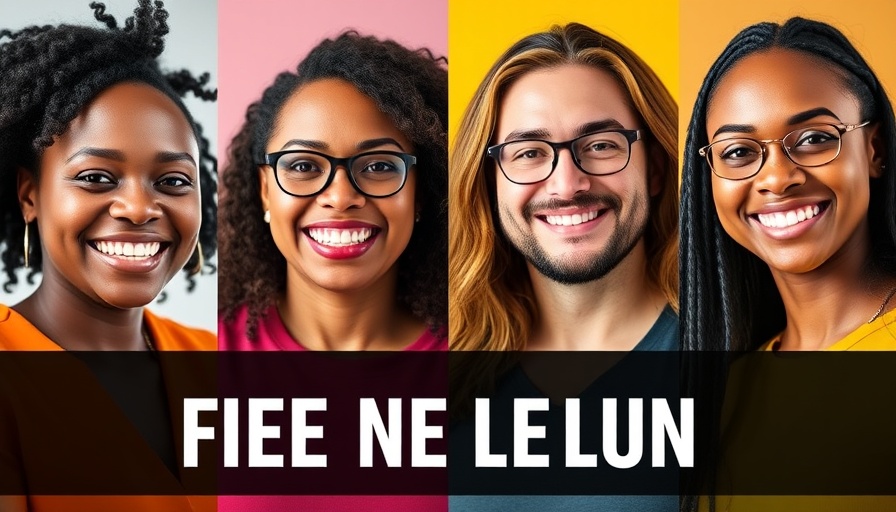
The Digital Stage: Social Media's Role in Celebrity Culture
In today's fast-paced world, social media has become an indispensable tool for celebrities, especially in Nigeria. It has transformed the way stars interact with their fans and present their art. Unlike previous generations, where music and film access was limited to physical copies and local cinemas, today's digital landscape allows instant access to a plethora of content. Any music album or film is merely a click away on platforms like YouTube, Spotify, and social networks. This shift has democratized access to entertainment, creating a more level playing field for aspiring artists and established stars alike.
In 'Has Social Media Made or Broken Nigerian Celebrities?', the discussion dives into the multifaceted influence of social media on celebrity status, prompting us to explore this crucial topic further.
Visibility vs. Accountability: The Double-Edged Sword
However, the expansion of social media is not without its pitfalls. As Nigerian celebrities navigate their online personas, they find themselves under a continual microscope. This exposure can amplify their successes but also magnify their failures. The sense of comfort that comes from celebrity status often leads some to overlook the weight of their public actions. In this digital age, every post, tweet, or comment can spark widespread controversy or praise, thus holding them accountable in ways that were previously unimaginable.
The Good, The Bad, and The Influencers
While some Nigerian celebrities exploit their social media platforms for personal gain or controversial fame, others recognize their power and wield it for good. Many influencers use their significant followings to advocate for social change, educate their audiences, or support charitable causes. The question then arises: can the positive impacts of social media outbalance the negatives? The answer appears to lean towards a cautious affirmative, as numerous celebrities are actively engaging in philanthropic endeavors, leveraging their visibility to benefit society.
Trends and Future Predictions in Celebrity Engagement
As the world progresses, we can anticipate that the relationship between social media and celebrities will continue to evolve. With the integration of artificial intelligence and advanced analytics, celebrities will be able to tailor their content more effectively and create deeper connections with their audiences. This trend could lead to a more curated celebrity experience, where public figures focus on niche communities and build more loyal fanbases. However, this could also lead to a further divide where only those with significant financial backing can thrive online.
Risk Factors in the Age of Digital Stardom
Yet, along this exciting path lie inherent risks. The increased exposure can lead to greater scrutiny, mental health challenges, and even potential backlash from fans. Celebrities may feel pressured to maintain an idealized image, causing personal distress when reality doesn’t align with public perception. Mental health awareness among public figures is paramount in combating these challenges, necessitating the need for robust support systems within the entertainment industry.
Conclusions: Striking a Balance in Digital Fame
Nigerian celebrities are clearly navigating a complex landscape defined by social media’s duality. The insights gathered from various discussions, including the compelling viewpoints from the video titled 'Has Social Media Made or Broken Nigerian Celebrities?', prompt us to reflect on how this technology shapes our perceptions of public figures. Are they merely reflections of society's desires, or do they possess the agency to redefine their narratives? Ultimately, it is critical for both the media and consumers to engage with these trending dialogues thoughtfully, considering the ethical implications of their digital interactions.
In light of the evolving conversation surrounding social media, its impact on cultural celebrity dynamics appears to be a topic worthy of ongoing examination as it shapes African narratives on the world stage.
 Add Row
Add Row  Add
Add 


Write A Comment